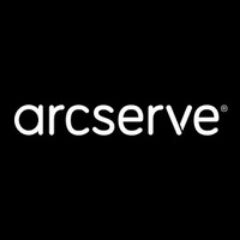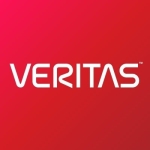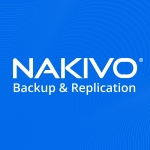What is our primary use case?
We primarily use StorageCraft ShadowProtect for small and medium-sized businesses, backup servers, desktops, and public servers.
What is most valuable?
The ability to switch between different hardware platforms and utilization tools are some of this solution's most valuable features.
Physical and virtual servers are treated the same, and an image can be copied from one machine to another, whether physical to virtual, virtual to virtual, virtual to physical, or physical to physical. As a result, you can transition from HP to Dell, or from VMware to Hyper-V to physical.
What needs improvement?
A lot of their new technologies are not very good.
The older products were fantastic. They invested in ShadowXafe, OneBox, and other companies, where they purchased hardware and attempted to reinvent product offerings that I do not use because they were difficult.
For how long have I used the solution?
I have been working with StorageCraft ShadowProtect for ten years.
What do I think about the stability of the solution?
StorageCraft ShadowProtect has good stability, but ShadowXafe does not.
What do I think about the scalability of the solution?
ShadowProtect does not scale as well as ShadowXafe.
ShadowXafe is an entire space where you can backup all of your virtual machines at once.
It's easier in large environments.
How are customer service and support?
The technical support was horrible. That's why we switched. We've been drifting away from StorageCraft for a long time now, largely because of their support.
They are the worst support organization in existence.
They are assessed using metrics such as closing calls. They are difficult to connect with and even more difficult to reconnect with when you do. They are only interested in resolving cases as quickly as possible. They provide incorrect information.
There are only a few people that know certain products, and getting in touch with them is almost impossible. In general, it is extremely difficult to connect with anyone.
It was completely useless.
A few are good but most are not.
It was more a case of being difficult to reach them. They send you three emails in a row, and if you do not respond, the case is closed, which is frustrating. They don't seem to care about resolving the issue; instead, it appears that they are more concerned with closing the case in order to meet the quota.
How was the initial setup?
In the previous version, the initial setup required the installation of several tools in order to get things working properly. Many of those tools have been combined in the new versions.
The new version is supposedly easier to use, but there is still a lot of fine-tuning to be done, which they may have corrected by now.
What's my experience with pricing, setup cost, and licensing?
Pricing is most likely comparable. Some are more costly than others. They are somewhere in the middle, in my opinion.
What other advice do I have?
ShadowXafe is the new software they have developed, that they have been focusing on it for the past couple of years. ShadowProtect is the older software.
I worked at StorageCraft for seven years. I was responsible for their technical sales. I am familiar with their products, as well as their competition.
I was on my own for almost five years, using their product and others to do backup recovery as a service for businesses. I use StorageCraft as well as some other vendors to fill in the gaps where they're weak. Because my job at the end of the day is to do a restore for companies.
I resell items, but mostly just implement, and manage their service. In most cases, I pay a monthly fee for whatever software we use.
We still have customers and use StorageCraft. We started using ShadowXafe, but it nearly destroyed my business. For older customers with older products, I reverted to the older version, and Beam for a few others.
If I had to rate ShadowXafe, I would say a two out of ten.
I would rate StorageCraft ShadowProtect an eight out of ten.
Which deployment model are you using for this solution?
On-premises
Disclosure: My company has a business relationship with this vendor other than being a customer. Implementer
















